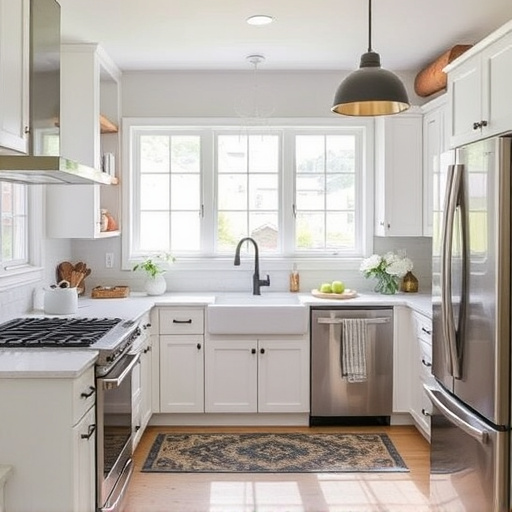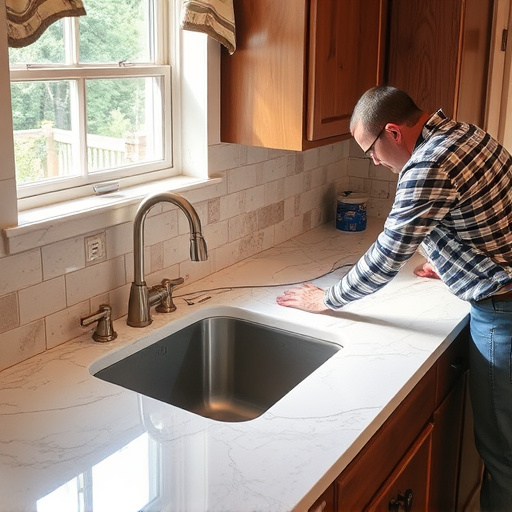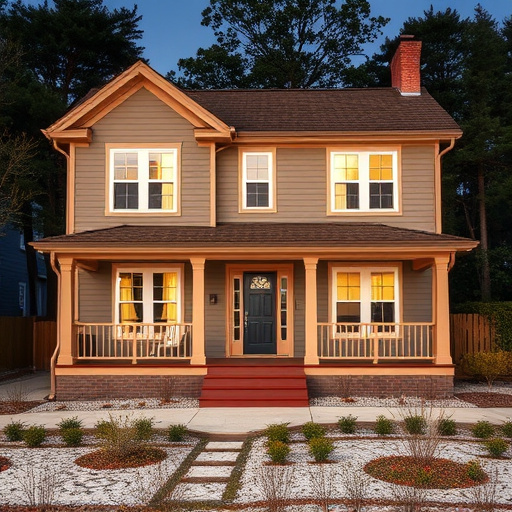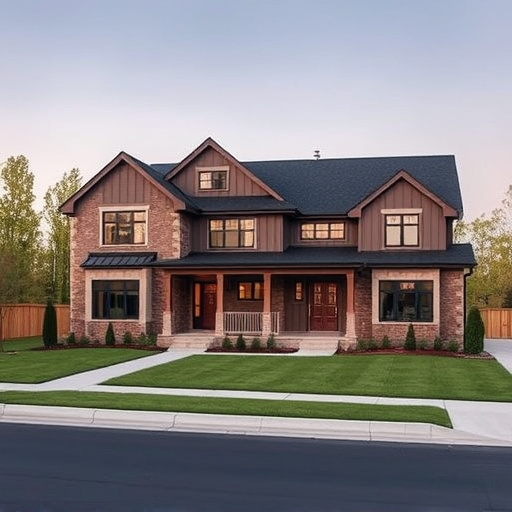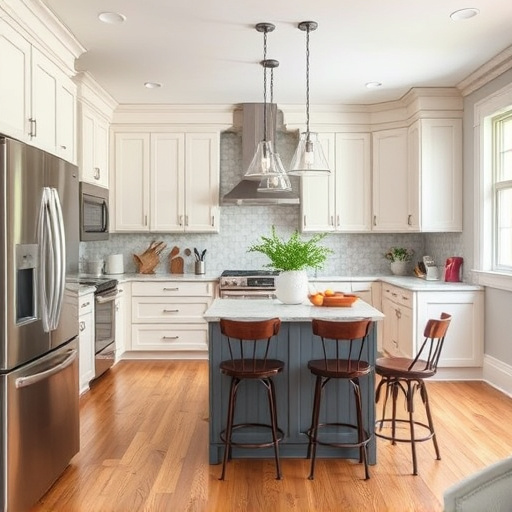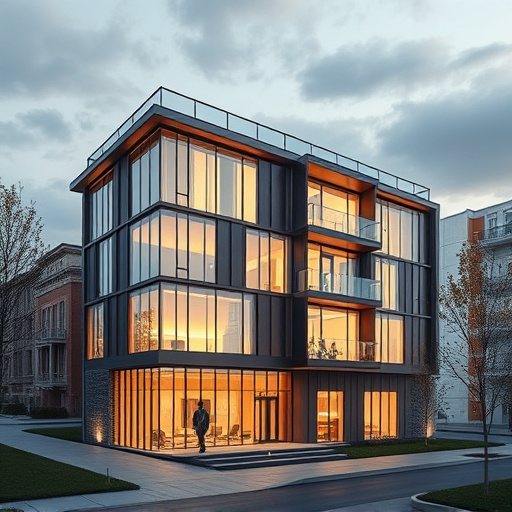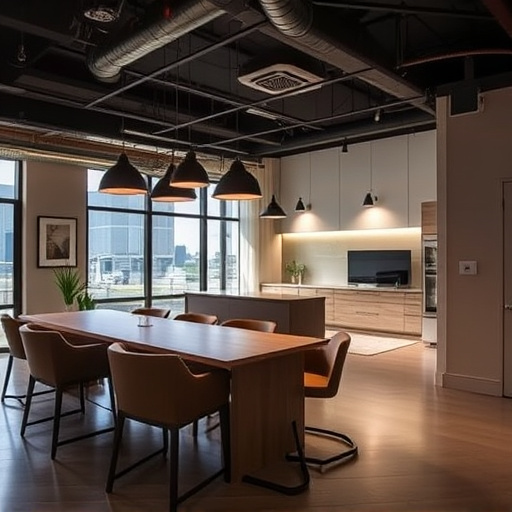Commercial renovation projects often exceed budgets due to unforeseen structural issues, design changes, and material price fluctuations. To mitigate this, professional contractors should engage in meticulous planning, precise cost estimation, and prepare detailed budgets with contingency funds. Efficient project management through streamlined communication, modular construction, smart home technologies, and prioritizing essential features can prevent budget overruns. Quality control is crucial for delivering superior craftsmanship that balances aesthetics and functionality, preventing costly rework through regular inspections and detailed documentation.
In the dynamic landscape of commercial renovation, navigating common challenges is paramount for project success. From budget overruns that can quickly spiral out of control to time delays caused by inefficient management, each obstacle demands strategic solutions. This article explores proven strategies to tackle these hurdles head-on, focusing on cost streamlining, effective project management, and upholding stringent quality control standards. Discover how embracing best practices can revolutionize your commercial renovation experience, ensuring timely completion, optimal budgets, and exceptional craftsmanship.
- Budget Overruns: Streamlining Costs for Success
- Time Delays: Efficient Project Management Strategies
- Quality Control: Ensuring Superior Craftsmanship in Commercial Renovations
Budget Overruns: Streamlining Costs for Success

Commercial renovation projects often face a significant challenge when it comes to budget overruns. This can be attributed to various factors such as unexpected costs from hidden structural issues, changes in design preferences, or market fluctuations in material prices. To mitigate this problem, thorough planning and comprehensive cost estimation are crucial. Professional contractors should create detailed budgets, including contingencies for unforeseen expenses, to ensure projects stay on track financially.
Streamlining the renovation process is a key strategy to prevent budget overruns. Efficient project management involves clear communication between clients, contractors, and architects, minimizing changes in scope and design. Utilizing innovative renovation services that offer cost-effective solutions, such as modular construction or smart home technologies, can also help contain expenses. For residential renovations or multiple room remodels, focusing on practical upgrades while prioritizing essential features ensures a successful commercial renovation without breaking the bank.
Time Delays: Efficient Project Management Strategies

Commercial renovation projects often face significant challenges due to unexpected delays that can disrupt timelines and increase costs. One of the primary culprits is time management – or rather, its lack thereof. Efficient project management strategies are crucial to overcoming this hurdle. Implementing a detailed schedule that breaks down each phase of the renovation, from planning to execution, ensures every stakeholder understands their role and responsibilities.
Regular, transparent communication among all parties involved – architects, contractors, suppliers, and clients – is vital. Using collaborative platforms or scheduling tools can help track progress, identify potential bottlenecks early on, and make necessary adjustments without causing major setbacks. Additionally, allowing flexibility within the timeline for unforeseen issues that often arise in commercial renovations, like permitting delays or material shortages, can mitigate the impact of time-related challenges, ensuring projects stay on course despite bumps along the way.
Quality Control: Ensuring Superior Craftsmanship in Commercial Renovations

In commercial renovations, maintaining quality control is paramount to ensure superior craftsmanship. Unlike residential projects, where individual homeowners have specific tastes and preferences, commercial spaces cater to a diverse range of users, requiring a balanced blend of aesthetics and functionality. A robust quality control process involves regular inspections at every stage of the renovation, from initial planning to final handover. This meticulous approach ensures that materials and finishes meet industry standards and client expectations. By implementing rigorous checks, project managers can identify and rectify issues early on, preventing costly rework later.
Customized home renovations, while often sought after for their ability to transform personal spaces, present unique quality control challenges. In a commercial setting, where kitchen remodels or larger-scale home renovation projects are common, maintaining consistency in design and execution is crucial. Regular site visits by experienced supervisors, along with detailed documentation of each phase, help ensure that the final product aligns perfectly with the initial vision. This meticulous focus on quality not only enhances the longevity of the space but also contributes to a positive user experience, making the renovated area a thriving hub for business activities.
Commercial renovation projects often face challenges that can delay progress and exceed budgets. By implementing streamlined cost management strategies, efficient project planning, and rigorous quality control measures, these obstacles can be overcome. This ensures successful outcomes, satisfying both clients and contractors in the dynamic world of commercial renovations.




